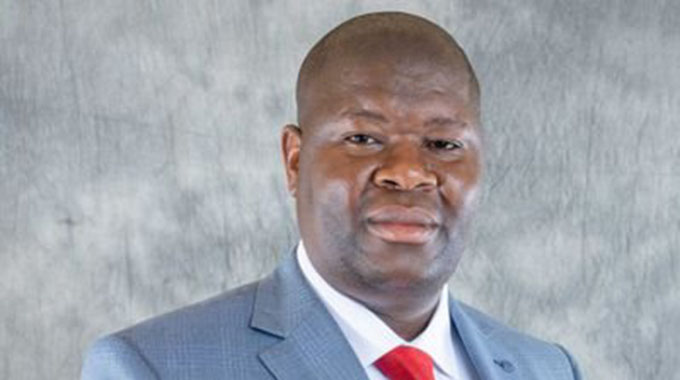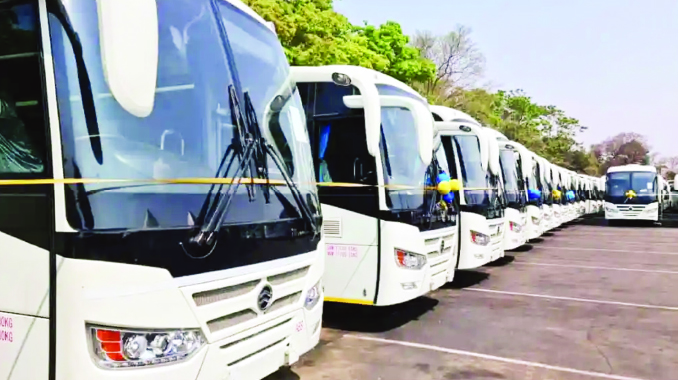Basera calls for strong agric partnerships

Leonard Ncube-Victoria Falls Reporter
Zimbabwe’s agricultural industry needs strong partnerships to maintain the momentum gained by the sector last season and continue transforming the country’s economy and meeting national goals in line with the vision for an upper middle income society by 2030.
This was said by Lands, Agriculture, Fisheries, Water and Rural Development Permanent Secretary Dr John Basera in his virtual welcome remarks at the opening of a two-day round-table meeting organised by the Government and the Food and Agriculture Organisation (FAO) in Victoria Falls.
The meeting is being held through the Hand-in-Hand (HiH) Zimbabwe initiative and started in Victoria Falls yesterday, to deliberate on strategies of striking smart partnerships for agricultural transformation.
The theme is: “Enhancing Partnerships, Defining Priorities and Targeted Investments for Agricultural Transformation in Zimbabwe.”
Experts from the agricultural sector in Government and private, as well as development partners, are attending the meeting which seeks to provide a platform to deepen consultations, deliberations and enhancing partnerships in the agricultural sector in the country, with the aim of supporting initiatives that support a food sustainable nation.
Dr Basera said agriculture occupied a central place in Zimbabwe’s economy and had the potential to significantly reduce poverty, enhance economic growth and entrench economic stability.
He said the sector grew by over 36 percent last year.
“Our sector grew by 36 percent last season and all sub-sectors also grew quite sharply,” said Dr Basera.
“The food production sector grew by 189 percent maize production grew by 200 percent from over 900 metric tonnes to 2,7 million metric tonnes.
“Total cereal production amounted to over three million metric tonnes against a national requirement of 2,2 million metric tonnes. So that gave us a surplus of between 0,8 and one million metric tonnes for the first time in many years.
“Our challenge now is that pressure is on our shoulders to do more than we did last year and achieve what we achieved.
“This platform provides us with the opportunity to partner more to achieve more, this should be the buzzword.
“Smart partnerships and smart collaborations are, therefore, key between Government and private sector, development partners, civic society and Hand-in-Hand.”
Dr Basera said a dollar invested in agriculture had two to four times transformative power than the same dollar invested in any other sector and this could transform rural communities and cause growth of rural communities.
He said Government accelerated agricultural development programmes and climate proofed programmes will spur the sector.
Agriculture is one area of the economy that cuts across almost all the 17 Sustainable Development Goals directly or indirectly.
The meeting comes at opportune time as the Second Republic has put agriculture at the centre stage of meeting its objectives for an upper middle income society by 2030.
Dr Basera said the meeting seeks to enhance partnerships and define priorities and investments in agriculture as he called for collective commitments.
He rallied all of the country’s provinces and districts not to be left behind in the transformative agenda to achieve agriculture food systems and transformation strategy which is part of Vision 2030, for food sufficiency as the ultimate goal.
The Hand-in-Hand Initiative was launched by FAO in October 2019 as a new Strategic Framework (2022-2031) around seeking to support the 2030 Agenda through the transformation to more efficient, inclusive, resilient and sustainable agri-food systems for better production, better nutrition, better environment and a better life, leaving no one behind.
This is an evidence-based and country-led programme with the objective of eradicating poverty, ending hunger and all forms of malnutrition while reducing inequalities by accelerating agricultural transformation and sustainable rural development.











Comments